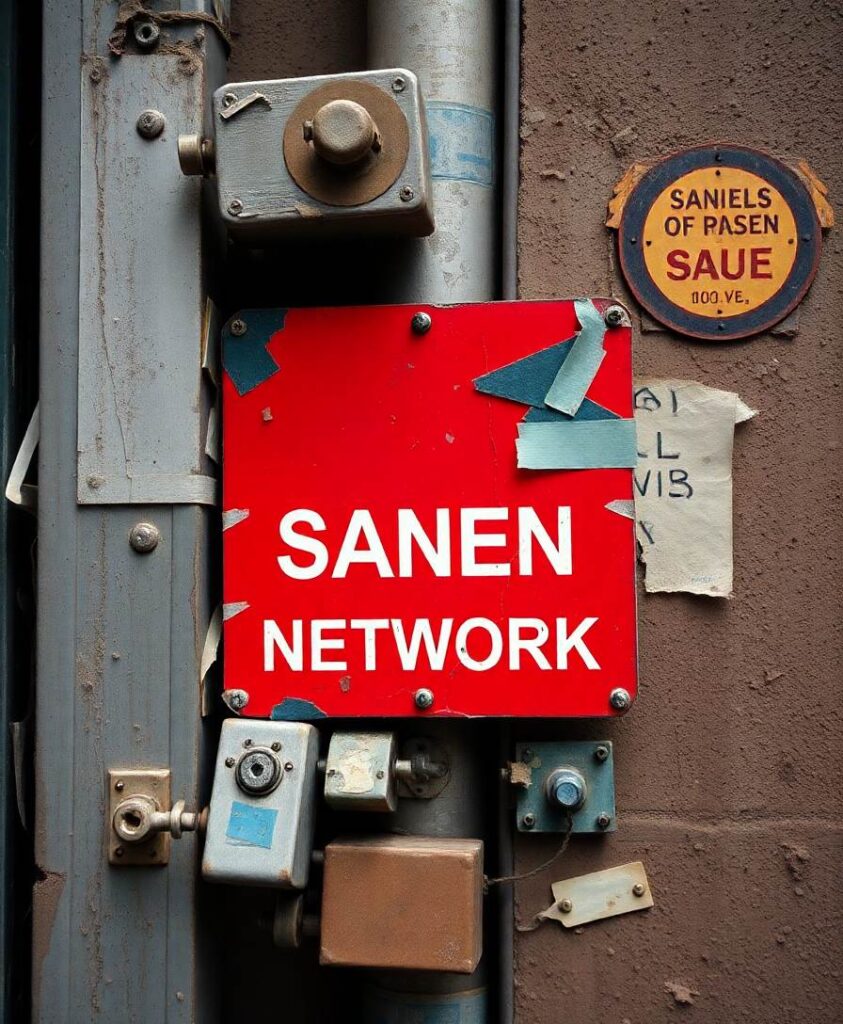Read Full Article (External Site)
POPULAR ARTICLES 



Constructing Memories, Episodic and Semantic
Article 1 of 1

A Diachronic Investigation of the Change in Form and Formational‐Semantic Systematicity of the Chinese Sign Language Lexicon
Article 2 of 2

Characterizing the Large‐Scale Structure of Multimodal Semantic Networks
Article 3 of 3
